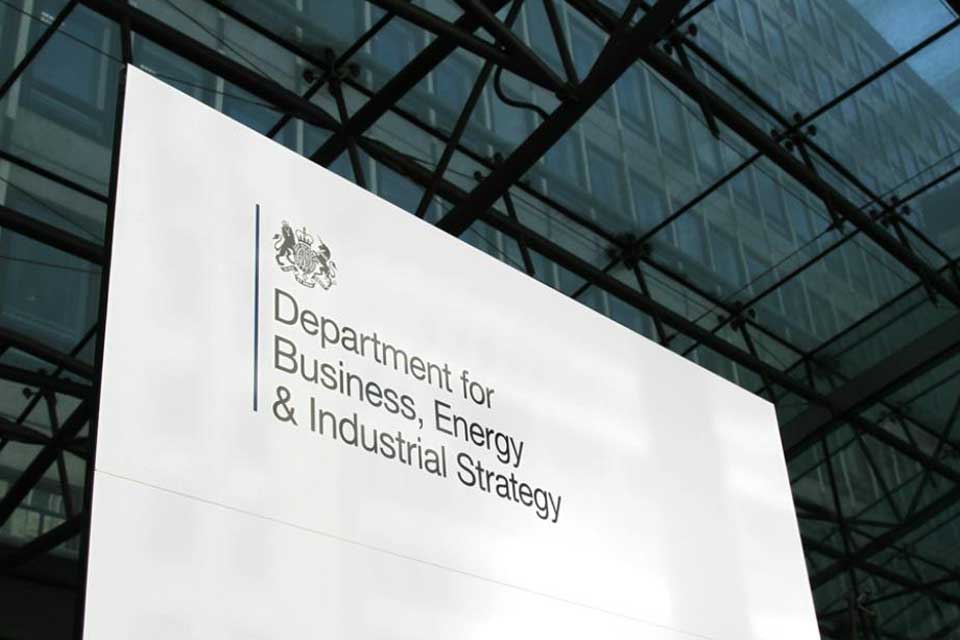A government-backed review has urged FTSE 350 companies to do more to meet the target of a third of women in senior leadership positions by 2020.
Figures published in the Hampton-Alexander Review’s 2018 report reveal the top 100 companies which make up the FTSE 100 index are on track to hit the target with more than 30% of board positions occupied by women.
This has risen from 12.5% in 2011.
However, in the FTSE 350 almost one in four companies have only one woman on their board, and there remain 5 all-male boards. This means half the appointments to board positions will have to be filled by women over the next 2 years to hit the targets.
In the FTSE 100, 4 companies – retailer Next, online real estate provider Rightmove, financial services provider Hargreaves Lansdown, and household goods and construction company Taylor Wimpey – have 50% or more women on their boards. 6 FTSE 250 companies have met the same threshold.
The report also shows a welcome increase in the number of women in FTSE 350 leadership positions just below the board, with FTSE 100 Executive Committees at over 21% women for the first time.
According to research by McKinsey, bridging the gender pay gap could add £150 billion to the UK economy by 2025.
Tackling the gender pay gap is a key part of the government’s modern Industrial Strategy, through which the government aims to help businesses create better, higher-paying jobs while boosting people’s earning power and ensuring that everyone has the opportunity to progress in the workplace.
Under new laws introduced in April 2017, voluntary, public and private sector employers with 250 staff or more were required to publish their gender pay gap. The UK was one of the first countries to introduce such measures.
Chair of the Hampton-Alexander Review Sir Philip Hampton said: “Over 100 FTSE 350 companies have already achieved – or exceeded – the 33% target for women on boards, with a further 50 companies well on their way.
“I would like to thank the business leaders and stakeholders that have driven progress in recent years for their significant and collective contribution. At the same time, too many companies still have a long way to go.
“I am also delighted to see an increase in the number of women in the all-important senior leadership roles and companies working hard for some time now, delivering clear results.”
Business Secretary Greg Clark said: “Many businesses have championed gender diversity, building on our modern Industrial Strategy’s ambition to ensure everyone can progress in the workplace.
“If companies are not diverse they are missing out on the benefits that a diverse workforce brings.
Sadly, other companies are lagging behind and I want to see all of those companies do more to increase the number of women at the top.”
Minister for Women and Equalities Penny Mordaunt said: “When women are included we know that businesses are more likely to enjoy profits above their industry averages.
“Today, we can see that the top UK companies are taking action, not just because gender equality is morally right, but also because it makes good business sense.”
“But there is still more to do. By addressing their inequalities and cultures, businesses are setting an example that gives women throughout their organisations the power to reach their full potential.”









